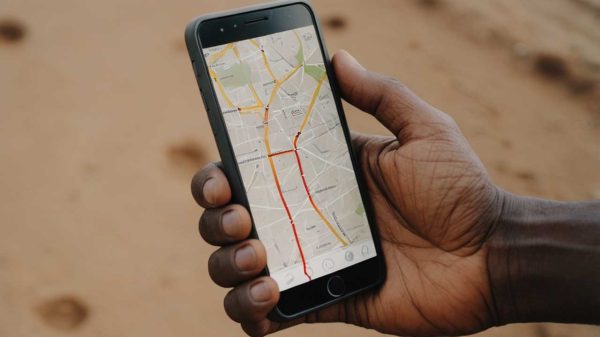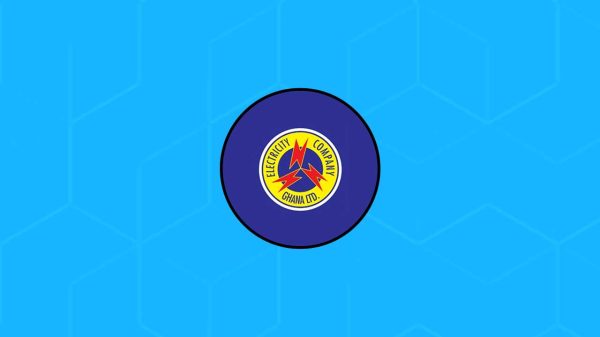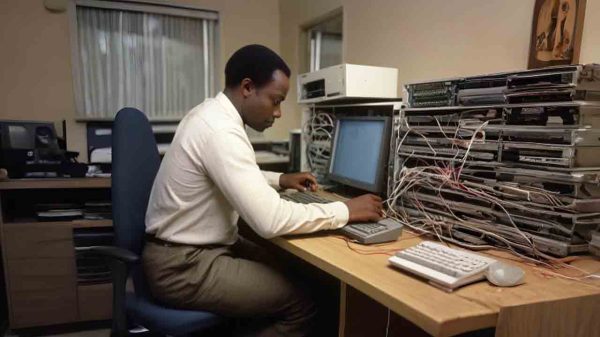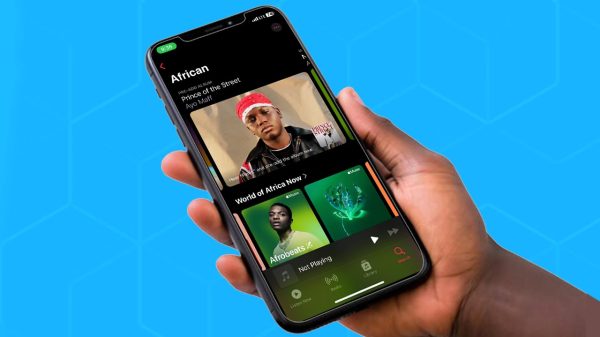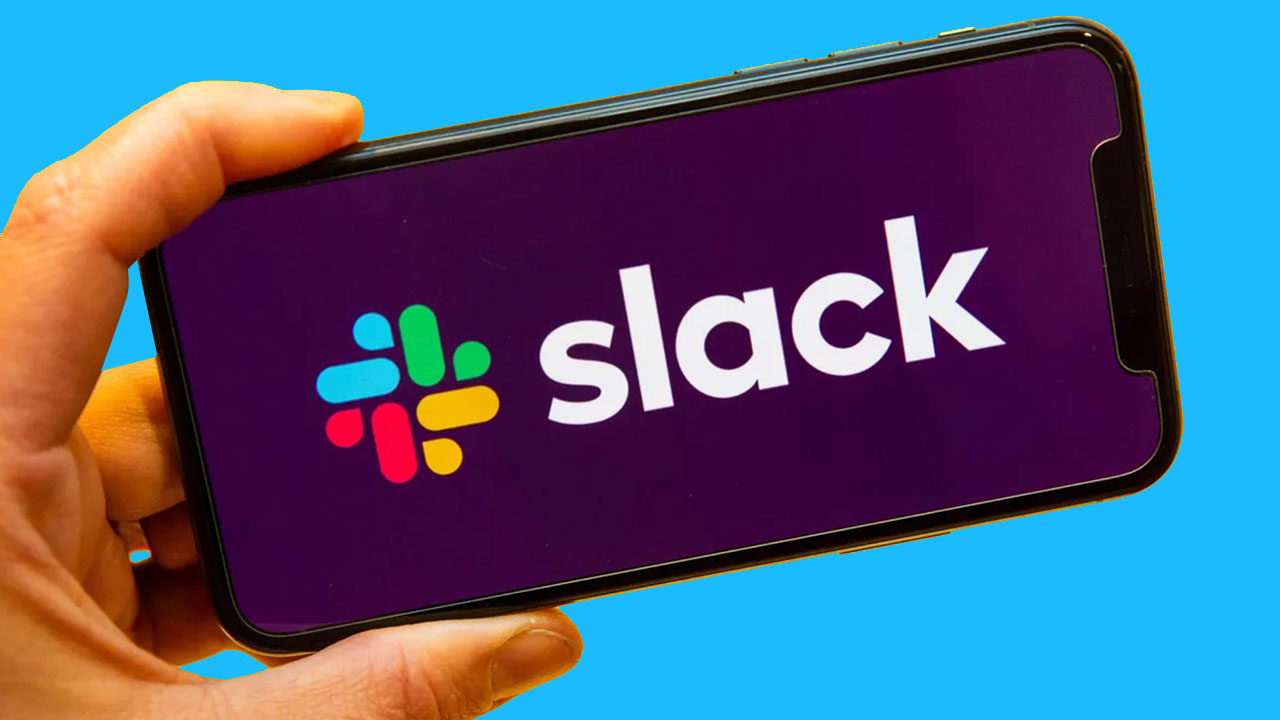In today’s digital era where remote work has become the norm, having the right tools to facilitate effective collaboration is crucial. For software developers in Africa, where remote work can sometimes be challenged by connectivity issues, choosing reliable and efficient tools is particularly important. Here, we explore the top 10 collaboration tools that are essential for African remote developers looking to stay connected, productive, and successful.
1. GitHub
GitHub is more than just a code repository. It offers version control and collaboration features that make it an indispensable tool for developers working in teams. Its issue tracking, code reviewing, and project management tools help streamline the development process from start to finish. It is a perfect tool for African remote workers.
2. Slack
Slack is a powerful communication tool that supports real-time messaging, file sharing, and integration with many other tools like Trello and GitHub. Its channels can be organized by team, project, or even specific topics, making it a versatile tool for both small and large teams.
3. Trello
Trello uses the Kanban board layout to help teams visualize workflow at various stages. It is exceptionally user-friendly and great for task management, project tracking, and setting deadlines. The ability to add attachments, checklists, and tags makes it an effective tool for managing complex projects.
4. Zoom
For remote developers who need reliable video conferencing software, Zoom offers high-quality video and audio calls, and the ability to host webinars and large meetings. Its robust performance is ideal for daily stand-ups, team meetings, and client presentations.
5. Google Drive
Google Drive provides a secure space for storing documents and allows for real-time collaboration. Whether it’s document drafting with Docs, spreadsheet sharing with Sheets, or presenting with Slides, Google Drive is a comprehensive tool for sharing and editing files in the cloud.
6. Asana
Asana is a task and project management tool that helps teams track their work with a clear view of tasks, deadlines, and progress. With features like task assignments, timelines, and an intuitive interface, Asana simplifies project planning and daily task management.
7. Microsoft Teams
Combining workplace chat, video meetings, file storage (including collaboration on files), and application integration, Microsoft Teams is a robust platform for teams seeking an all-in-one collaboration solution. It is particularly effective in environments that already use Microsoft products.
8. Jira
Jira is favored by development teams for bug tracking, issue tracking, and project management. The tool offers customizable workflows and a powerful set of reporting features, making it ideal for managing complex software development projects.
9. Confluence
Confluence works as a content collaboration tool where teams can create, share, and collaborate on documents in a structured way. Integrated seamlessly with Jira, it’s particularly useful for software development teams that need to maintain extensive documentation.
10. Basecamp
Basecamp is a project management and team communication software all rolled into one. It supports to-do lists, file sharing, message boards, and scheduling, which makes it suitable for managing both project workflows and team communication.
Frequently Asked Questions (FAQs)
Q: What are the primary benefits of using collaboration tools for remote software development?
Collaboration tools help streamline communication, enhance project transparency, facilitate file sharing and management, and improve project tracking, which can boost productivity and reduce delays.
Q: Are these tools suitable for small African startups or only large organizations?
These tools are scalable and suitable for teams of all sizes. Most offer various subscription plans to cater to different business needs, from solo freelancers to large enterprises.
Q: How secure are these collaboration tools for African Remote workers?
These tools generally offer strong security measures, including end-to-end encryption, two-factor authentication, and secure data storage practices. However, teams should also adhere to best security practices on their end.
Q: Can these tools be integrated with each other?
Yes, many of these tools feature integration capabilities. For example, Slack can integrate with Trello and GitHub, streamlining workflow and reducing the need to switch between apps.
Q: How do these tools cope with low bandwidth environments common in some parts of Africa?
Most of these tools are optimized to perform well under various internet conditions. Additionally, many offer mobile versions that are designed to use less data and perform reliably even with weaker internet connections.
By equipping themselves with these top collaboration tools, African remote developers can overcome geographical barriers, enhance productivity, and drive successful projects, ensuring they remain competitive in the global digital economy.
Subscribe to our Newsletter
Stay updated with the latest trends in African technology!

